Researchers Find New Ways to Support Children Impacted by War in Ukraine
Researchers are creating educational materials to support children who have been displaced or affected by the ongoing conflict.
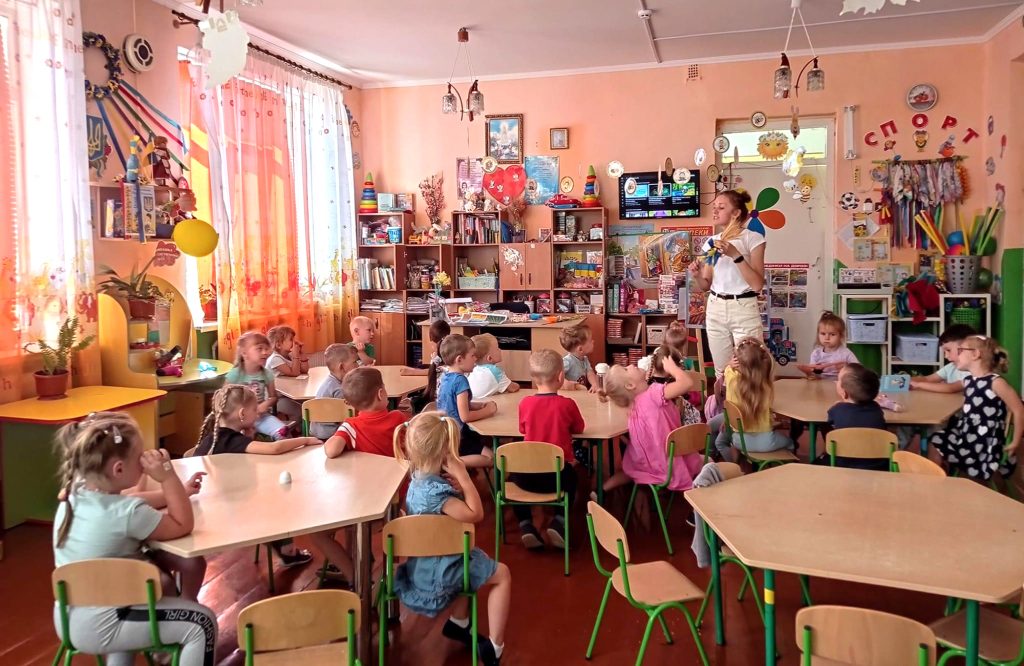
Image above: A classroom in Ukraine uses materials from the Stories with Clever Hedgehog project. Photo provided by Roberta Golinkoff
- In 2023, 473 million children worldwide lived in a conflict zone.
- Children exposed to war are at increased risk of psychological impacts including depression and post-traumatic stress disorder.
- Psychological researchers are creating tools and resources to support children affected by war, including those living through the Ukrainian – Russian conflict.
- New tools help support educational goals of schools as well as support children’s emotional health.
In 2023, 473 million children lived in a conflict zone, according to the Peace Research Institute Oslo. That’s more than one out of every six children worldwide — a number that has nearly doubled since the mid-1990s.
Children who are living in war zones or are forced to leave their homes are at an increased risk of a broad range of psychological impacts, including depression and post-traumatic stress disorder. Impacts can be physical as well as mental, with inadequate healthcare, malnutrition, and infectious diseases as potential outcomes for those exposed to violence and unrest (Bürgin et al., 2022).
“There’s not one good thing you can say about war and kids,” APS James McKeen Cattell Fellow Roberta Golinkoff said. “It’s so damaging for the next generation.”
Golinkoff is a professor at the University of Delaware with expertise in child development, language development, and the effects of media on kids, as well as other topics.
She is one of several psychologists who were spurred by recent global conflicts to find innovative and accessible ways of supporting children whose lives have been disrupted.
When the war between Ukraine and Russia escalated in February 2022, Golinkoff was heartbroken watching footage of children sitting on suitcases with no idea of where they were going.
“I thought to myself, what can I do?” she remembered. “I can give money, but anybody can give money.”
Golinkoff decided to use her research experience to create a free, online platform for Ukrainian children with resources to support their learning and help them adjust as their realities shifted around them.
The website, called Stories with Clever Hedgehog, began by offering eBooks, but has since expanded to include games, music, art, and many other resources. It is designed for children up to age 10 and includes materials translated in both Ukrainian and English.
One of the strengths of the site, Golinkoff said, is that it is a safe online space that parents can share with their children without worrying about the content to which they will be exposed.
“This was developed and curated by developmental psychologists,” she said. “There’s nothing here you have to worry about.”
Golinkoff alone has been previously recognized by multiple awards for her work in science dissemination, as well as advances in education through her work on playful learning.
In 2024, the site tracked about 3,400 returning users, the majority of whom were located in Ukraine. Golinkoff and her team are in the process of evaluating the site by conducting interviews with its users. The goal of the evaluation is to better the existing resources and add to the 150 pages that the site currently features.
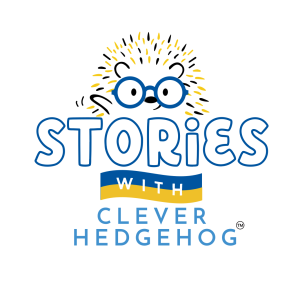
In addition to featuring an animated hedgehog character (hedgehogs are beloved in Ukraine), the site has increased its appeal by featuring a partnership with Sesame Street, which includes a playlist of 55 videos for children ages 3–8.
Golinkoff has also partnered with Ukrainian collaborators to create content that is specific to Ukrainian culture and identity.
Yuliia Skrypniuk is the project manager for the Stories with Clever Hedgehog project. Skrypniuk was living in Ukraine when the conflict intensified in 2022. She and her family left Ukraine for Poland and then eventually settled in the United States.
“We had to leave after the war started because there were no nearby shelters for us to hide,” she told the Observer.
Read more on War, Conflict, and Authoritarianism.
Skrypniuk came across the Clever Hedgehog project while looking for opportunities, and she was moved by the mission to provide resources for kids who had been impacted by the war. She is one of the oldest of seven siblings, and she could see a need for such a resource in her own family.
“For example, my 3-year-old sister who now speaks two languages—English and Ukrainian—and I and my parents are really worried about her not getting full immersion in Ukrainian culture, Ukrainian language, and Ukrainian traditions,” she said. “That was not just my family’s concern. That was the concern of every Ukrainian family who moved because of war to any country in the world.”
This interest has made the site’s content on Ukrainian culture some of its most popular. The project also partners with Unite for Literacy, a publishing company that maintains an online library that helps translate the eBooks to Ukrainian. Skrypniuk explained that having both languages available at a click of a button can help parents encourage their kids as they learn a new language as well as maintain their mother tongue.
She said the site is meant to prioritize education at a time when many Ukrainians lives are so chaotic that it is difficult for them to think beyond basic needs.
Many mothers and children moved as fathers stayed to fight in the war, she explained, leaving mothers on their own to find food, shelter, and other necessities in a new country.
“So, usually [learning] Ukrainian culture and traditions are not the first [things families do],” she said. “That’s normal, that’s okay, that’s mothers’ instincts.”
For children that remain in Ukrainian school systems, educational conditions have shifted during the war as well. Fewer financial resources have led to interruptions in electrical supplies, a lack of textbooks and educational resources, and a need for additional support as children from active military zones are integrated into new learning environments (Zaplatynskyi, 2023).
Though the majority of the site’s users are in Ukraine, it’s difficult to truly understand the range of the site’s use because of the electrical blackouts in the country following bombs and air attacks, Skrypniuk said.
In response to this need, the team developed a section of the website with printable materials so that content can be downloaded and taken with families, even when they no longer have access to the internet.
Skrypniuk manages a robust team of Ukrainian and American contributors for Clever Hedgehog, and she emphasized the importance of the feedback the team has received from the families and practitioners who use the site. That feedback has resulted in a list of needs that they hope to address as they continue to develop the site, as well as testimonials that speak to the site’s impact.
“Clever Hedgehog is more than just a learning tool, it’s a source of emotional support for both students and teachers,” wrote a Ukrainian teacher in a testimonial. “The video tips help us navigate feelings and emotions, making the learning environment more positive and stress free. My students have grown more curious and confident, and they even read better now!”
The site has also been recognized with awards such as the 2024 Parents’ Pick Awards.
As Clever Hedgehog continues to be developed, Golinkoff is eager to use the site as an example of how media can be used for children’s benefit, especially amid research emerging on media’s negative impacts.
“I use this as an example of how media can be used for the benefit of children, and I feel very good about that,” Golinkoff said.
Related content we think you’ll enjoy
-
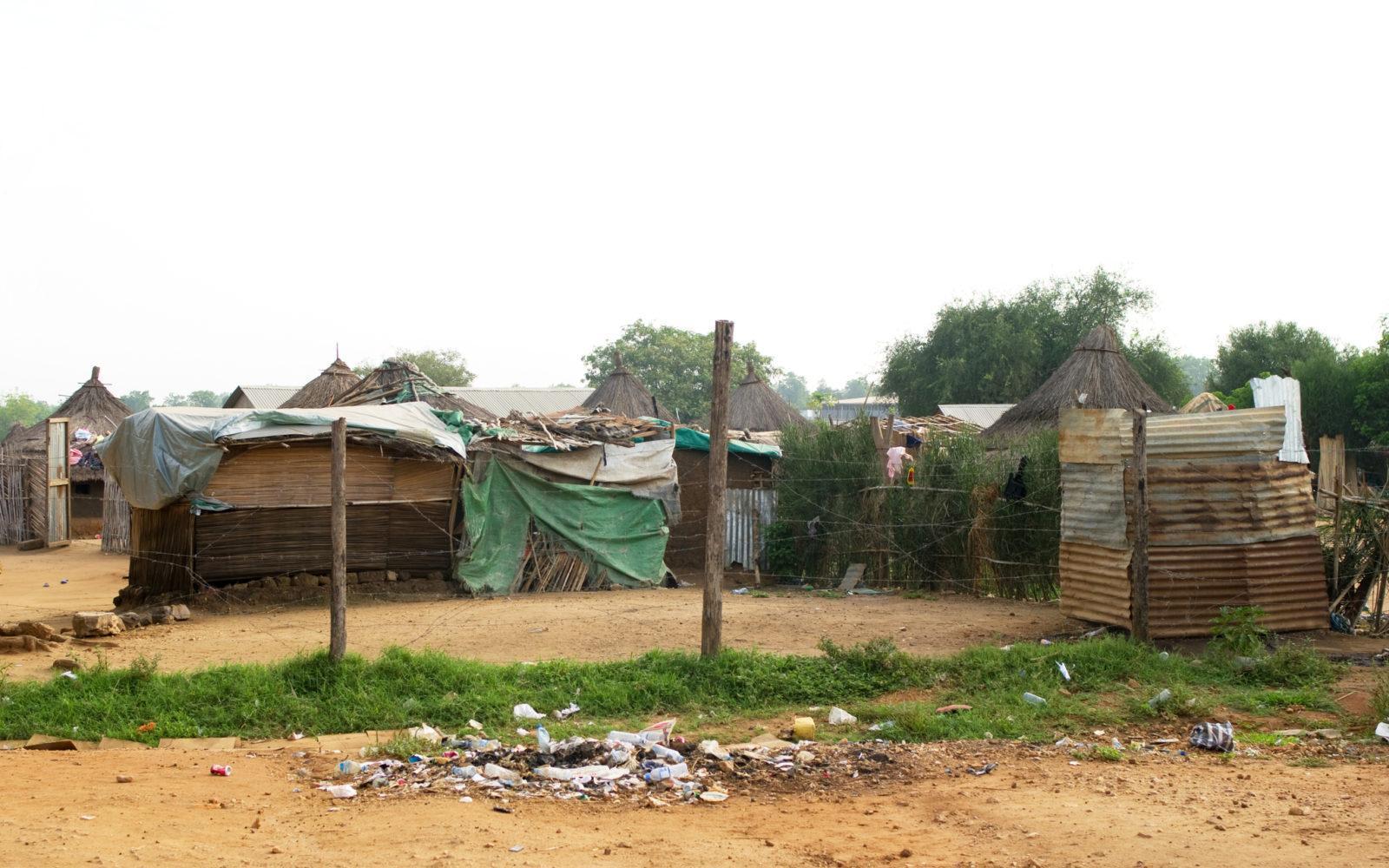
Trauma and Ukraine: The World Health Organization Leveraged Psychological Science to Help Prepare Us for This Moment
Addressing a crisis like this means looking directly at the problem-solving needs that arise in times of war, danger, or difficulty and empowering ourselves to meet these needs. Visit Page
-
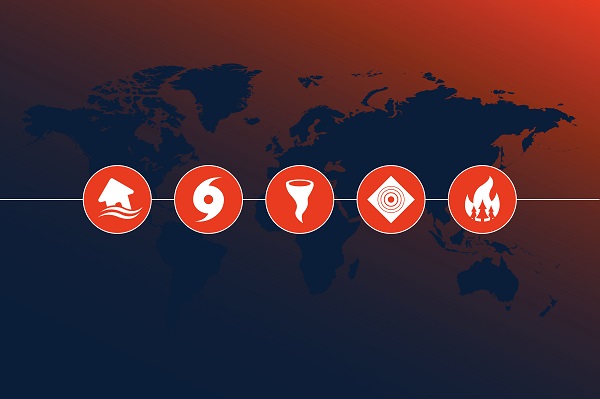
Collective Trauma and Stress Following Disasters: APS Journal Articles Publicly Available
APS has updated its publicly available collection of journal research pertaining to trauma and disasters. [updated February 14, 2023] Visit Page
-
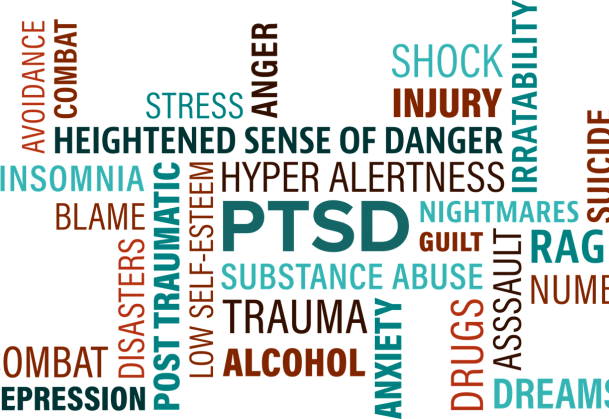
Most Effective PTSD Therapies Are Not Being Widely Used, Researchers Find
Clinical research has identified certain psychological interventions that effectively ameliorate the symptoms of PTSD, although most people struggling with the disorder don’t receive those treatments, according to a scientific review. Visit Page
Feedback on this article? Email apsobserver@psychologicalscience.org or login to comment.
References
Bürgin, D., Anagnostopoulos, D., Board and Policy Division of ESCAP, Vitiello, B., Sukale, T., Schmid, M., & Fegert, J. M. (2022). Impact of war and forced displacement on children’s mental health—multilevel, needs-oriented, and trauma-informed approaches. European Child & Adolescent Psychiatry, 31(6), 845–853. https://doi.org/10.1007/s00787-022-01974-z
Zaplatynskyi, V. M. (2023). The influence of the Russian – Ukrainian war on education in Ukraine. In Security forum 2023 Conference proceedings from the 16th Annual International scientific conference4 (pp. 234-243). Interpolis, Banská Bystrica, Slovakia.





APS regularly opens certain online articles for discussion on our website. Effective February 2021, you must be a logged-in APS member to post comments. By posting a comment, you agree to our Community Guidelines and the display of your profile information, including your name and affiliation. Any opinions, findings, conclusions, or recommendations present in article comments are those of the writers and do not necessarily reflect the views of APS or the article’s author. For more information, please see our Community Guidelines.
Please login with your APS account to comment.